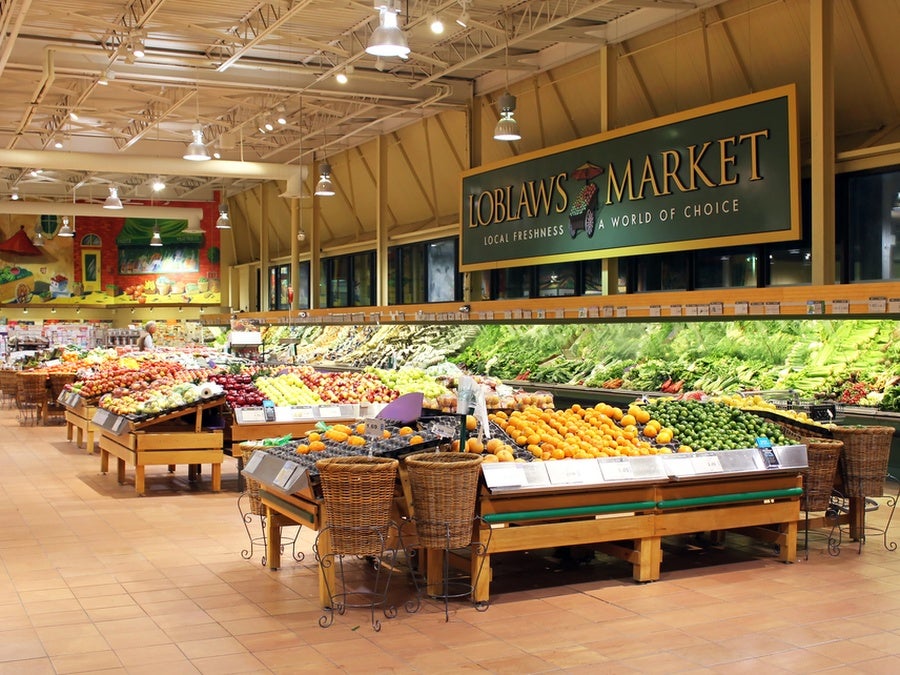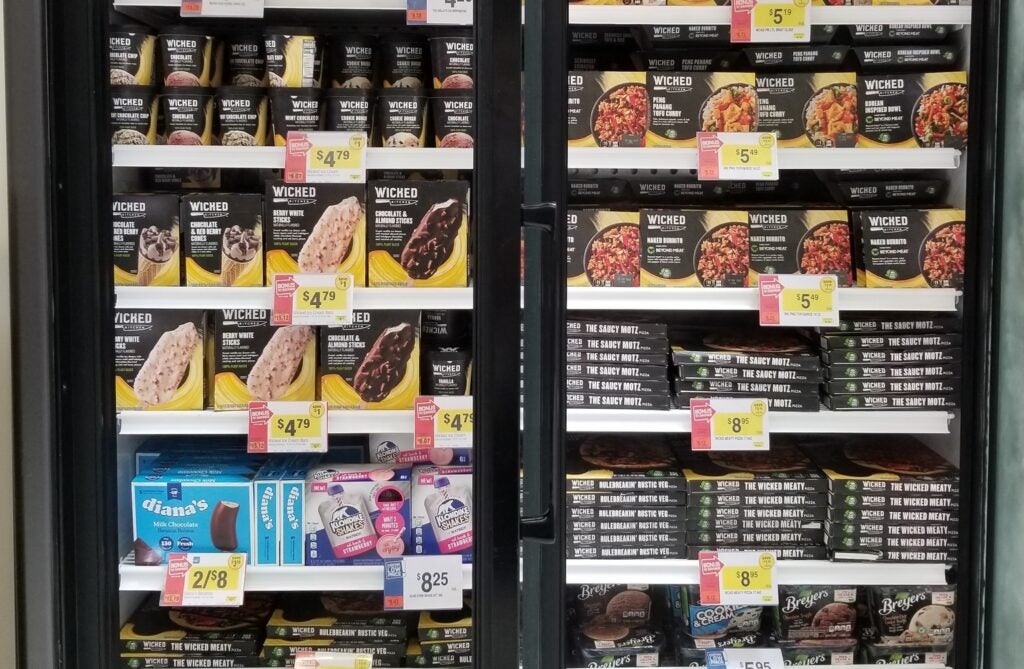Nomad Foods, the European frozen foods supplier, plans to close a plant in Bosnia and Herzegovina.
The site in Čitluk is due to shut down from 1 December, a spokesperson for the Iglo and Aunt Bessie’s frozen food brand owner informed Just Food in a statement, adding the closure will result in the loss of 52 jobs.
UK-headquartered Nomad Foods acquired the plant in 2021 when it entered the ice-cream category for the first time with the purchase of the frozen-food assets of Croatia’s Fortenova Group, including the Ledo, Ledo Čitluk and Frikom product lines.
The spokesperson further confirmed the site produces frozen fish, fruit and vegetable products under the Ledo brand, adding that all other SKU’s on the Bosnia and Herzegovina market are supplied from Ledo in Croatia and Frikom in Serbia.
Fortenova emerged in 2019 as the successor to Agrokor, which was the largest consumer-goods business in the Balkans before it was put into state administration in 2017.
Nomad Foods’ spokesperson said the company’s “priority is to support all colleagues that are directly impacted by this decision”, which was made after “careful consideration” over the future of the Čitluk factory.
The New York-listed business added in the statement: “Products for the Bosnia and Herzegovina market will continue to be produced at our other manufacturing sites in Croatia and Serbia.
“We employ approximately 3,500 people across the Adriatic markets, including several hundred employees working in areas including logistics, sales, marketing and support functions who will continue to be based at Ledo offices in Bosnia and Herzegovina.”
Nomad Foods operates four other regional plants located in Croatia and Serbia, the spokesperson confirmed, without wishing to provide a specific reason for the Čitluk site closure.
When Nomad Foods acquired the frozen-food assets from Fortenova in 2021 for £615m ($749.5m today), the company said the deal would see the business enter new markets in Croatia, Serbia, Bosnia and Herzegovina, Hungary, Slovenia, Kosovo, North Macedonia and Montenegro.
Last year, it emerged Nomad Foods’ co-chair and co-founder Noam Gottesman had started discussions with his counterpart Martin Franklin about strategic options for the business.
At the time, Gottesman said options could include “a merger or other similar transaction”, a change to the company’s “present capitalisation or dividend policy”, a new “corporate structure” for Nomad Foods and a potential delisting from the New York Stock Exchange.
Gottesman and Franklin set up what was Nomad Holdings in 2014 as a vehicle to make acquisitions. A year later, it became Nomad Foods through the purchase of European frozen-food business Iglo Group, a deal followed with the addition of a clutch of Findus Group assets.
Other transactions include the purchase of the Goodfella’s brand from Boparan Holdings and UK-based frozen Yorkshire Pudding and roast potatoes maker Aunt Bessie’s acquired from William Jackson Food Group.
Nomad Foods reported second-quarter and first-half results in August for the period to 30 June, with net profit decreasing despite an increase in revenue.
Reported revenue for the quarter rose 6.9% (8.6% organic growth) to €745m ($785.5m) and was up 6.3% and 8.3%, respectively, for the half point at €1.5bn.
Adjusted EBITDA climbed 4.5% and 7.9% over the two periods to €132m and €279m.
Net profit, however, dropped 34.3% for the quarter to €49m, and was down 30.7% in the first six months of the fiscal year at €90.4m.















